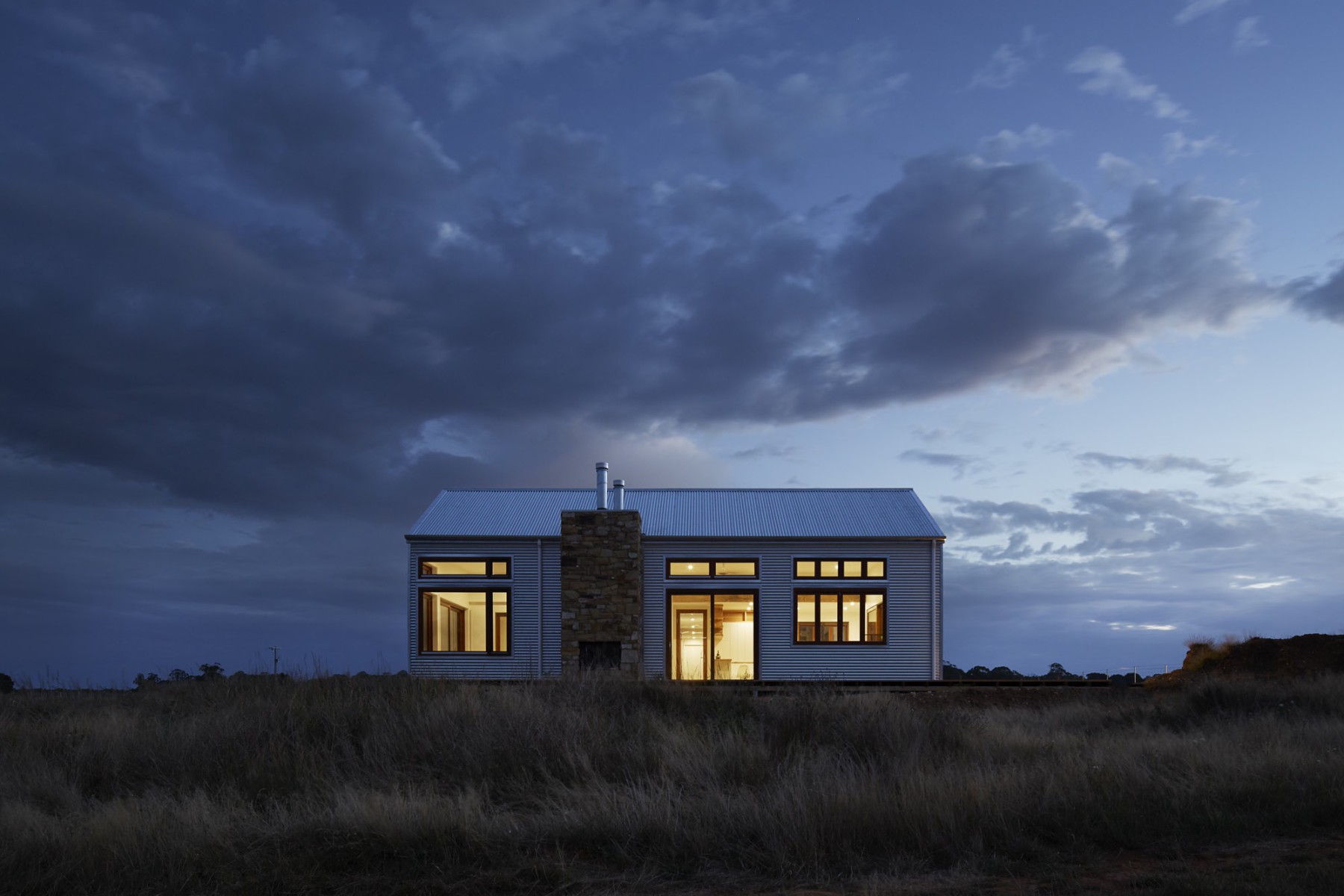3 Stages of Pest Control Every Rental Property Needs
Pest control. It’s something every landlord has to think about, and the presence of vermin can cause problems that affect your reputation as well as potential legal consequences. So, what can you do to properly handle pest control on your rental property.
Here are the stages of pest control:
Pest Reduction Upgrades
The first stage is to do property upgrades that help reduce pest problems. These include:
- Sealing any holes in the walls, doors, and inside cabinets. Mice can get through holes the size of a dime. Avoid expanding caulk, which many pests will chew through.
- Fixing leaky plumbing, which pests can use as a source of water. Fill holes around the pipes with steel wool.
- Caulk crevices around cabinets or baseboards.
- Repair warped or broken doors and windows.
- Repair rips or tears in insect screens.
- Install bulbs with pink, yellow, or orange tints on all exterior lights. These are less attractive to flying insects.
- Inspect crawlspaces to look for rodent and ant nests.
You should do an “audit” for problems like this before renting the unit and also between tenants in case issues have developed.
Long Term Maintenance
Long term maintenance that is your responsibility can also help reduce pests. For example, trimming trees that overhang a house removes the “highway” squirrels might use to enter the property. Mulch should not be used right up against the foundation.
Arrange for pest control to enter each unit at least once a year. You may want to do it more often. Put this in the lease if you need to to ensure that tenants are aware. Most pest control services do not require that tenants move their property or not be in the unit when the treatment is done. You may have to do harsher treatments if tenants report a problem.
Provide tenants with an easy way to report sightings of significant pests such as mice, cockroaches, or bed bugs. Sightings of house centipedes should also be reported. Although house centipedes are not dangerous, if you have house centipedes, you have roaches.
Routine Maintenance
You can’t always control what your tenants do. However, it’s a good idea to educate them, especially in larger buildings where an issue can easily spread to neighboring units, on what they can do to keep pests out of their unit. Some tips you can pass on:
- Store all food properly, in sealed containers. Do not leave pet food out overnight. Cover the kitchen trash can.
- Empty the trash as soon as it is full. Take stacks of newspapers or cardboard to recycling promptly.
- Wash out containers that contained food before putting them in the trash.
- Reduce overall clutter
- Clean sink and tub drains with baking soda and vinegar regularly. This also reduces clogs.
- Clean regularly.
- Keep the patio or deck free of leaf litter, mulch, plant clippings, and standing water.
- Inspect packages for pests before bringing them inside.
- Promptly launder and, if possible, tumble dry clothing when returning from trips. Also treat clothing that has been in storage.
- Vacuum the bed and upholstered furniture.
- Close exterior doors and use screens if opening windows for temperature control.
Again, provide tenants with a way to report pests and encourage them to do so. Some pest control might be doable by you or your maintenance people, such as providing mouse traps. Keep a regular contract with a pest control company who can come in and deal with infestations both mundane and exotic. Discourage tenants from trying to treat a heavy infestation themselves, although it’s not a terrible idea to provide information on simple things they can do, such as repellents.
A good property manager can help you find the right pest control service and give you advice on the best upgrades and long term maintenance to deal with Boston’s common pets.
